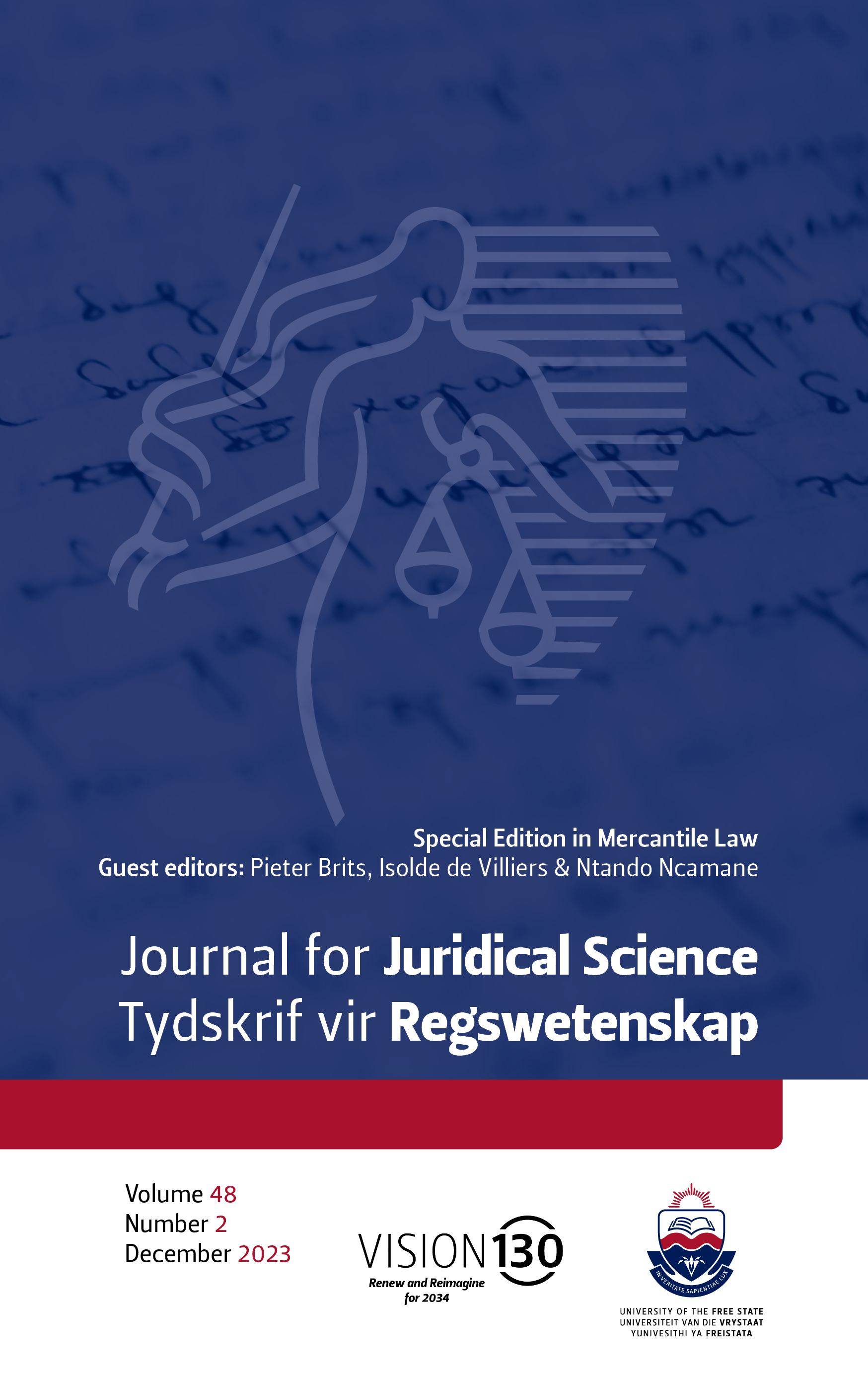Collective bargaining and the representation in the gig economy in South Africa
A call for a purposive approach
DOI:
https://doi.org/10.38140/jjs.v48i2.7911Keywords:
Gig economy, collective representation, collective bargaining, trade unions, right to organise, the right to strike, gig workers, international labour standards, Constitution of the Republic of South Africa,1996, purposive labour lawAbstract
The growing interest of private individuals to participate in gig and platform work poses some organisational challenges to trade union movements in many countries. The situation is vexed in South Africa, as recent trends reveal that gig workers, without legislative recognition, have collectively organised themselves to demand better working conditions from digital platform providers. The challenges associated with gig work evoke certain legal debates about the legislative preparedness of South Africa to deal with the increasingly changing dynamics of the labour market. This article discusses collective representation and bargaining in the gig economy in South Africa. The article reflects on the employment nature of gig workers and ascertains whether gig workers can effectively organise themselves for collective bargaining in South Africa. Considering the legal complications that contemporary forms of employment present, this article suggests that the trade unions movement in South Africa must adopt legal strategies that revitalise union interests. This contribution calls for existing trade unions to extend their representation to include gig workers. The article suggests that the current constitutional framework governing collective bargaining and representation can accommodate and promote the collective representation and bargaining rights of gig workers in South Africa.
Downloads
##submission.downloads##
Published
Issue
Section
License
Copyright (c) 2023 Theophilus Edwin Coleman, Letlhokwa George Mpedi

This work is licensed under a Creative Commons Attribution 4.0 International License.




